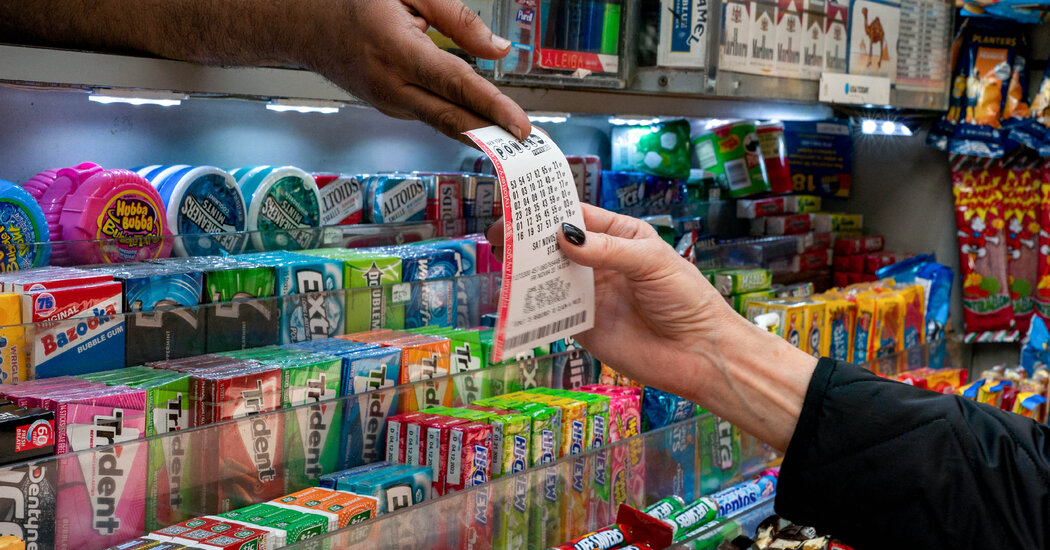
“You’re going to want to try and stay anonymous if at all possible,” Ms. Tu said. In some states, including California, lottery winners are required to disclose their identities. Meaning this particular advice is not going to help this week’s winner or winners.
“If you’re in California and you are this lucky $2 billion Powerball winner, I would say change your phone number and delete all traces of you on the internet to have any sort of reference to where you live, what your community may be, and just really, really go out of your way to protect yourself,” Ms. Tu said.
If you can remain anonymous, that’s ideal, but options will vary from state to state. In New York, for example, lottery winners can claim their prizes under an an L.L.C. (limited liability company). In Wisconsin, you can’t be anonymous, but at least the state won’t make you appear at a news conference.
To decide how you claim, you’re going to need to contract a suite of experts, including lawyers and accountants, to help guide you based on whatever the rules are where you live. “I wouldn’t necessarily go with someone who markets themselves as a lottery lawyer,” said Haseeb Hussain, a lawyer in Chicago who has more than 400,000 TikTok followers. “I would try to find the best type of lawyer in the different types of industries that I would need when I come across such a windfall. Like, for example, a trust and estates attorney.”
Mr. Hussain cited Jason Kurland, a self-billed lottery lawyer who was convicted this summer after being accused of defrauding his clients out of $107 million, as a cautionary tale.
Mr. Hussain also recommended finding a real estate lawyer, a tax lawyer and a litigation defense lawyer. “If it becomes known that you are a lottery winner, people will try to sue you, just like people try to sue Will Smith, even though people have never met Will Smith, just because they know he has money and they come after it,” Mr. Hussain said.






